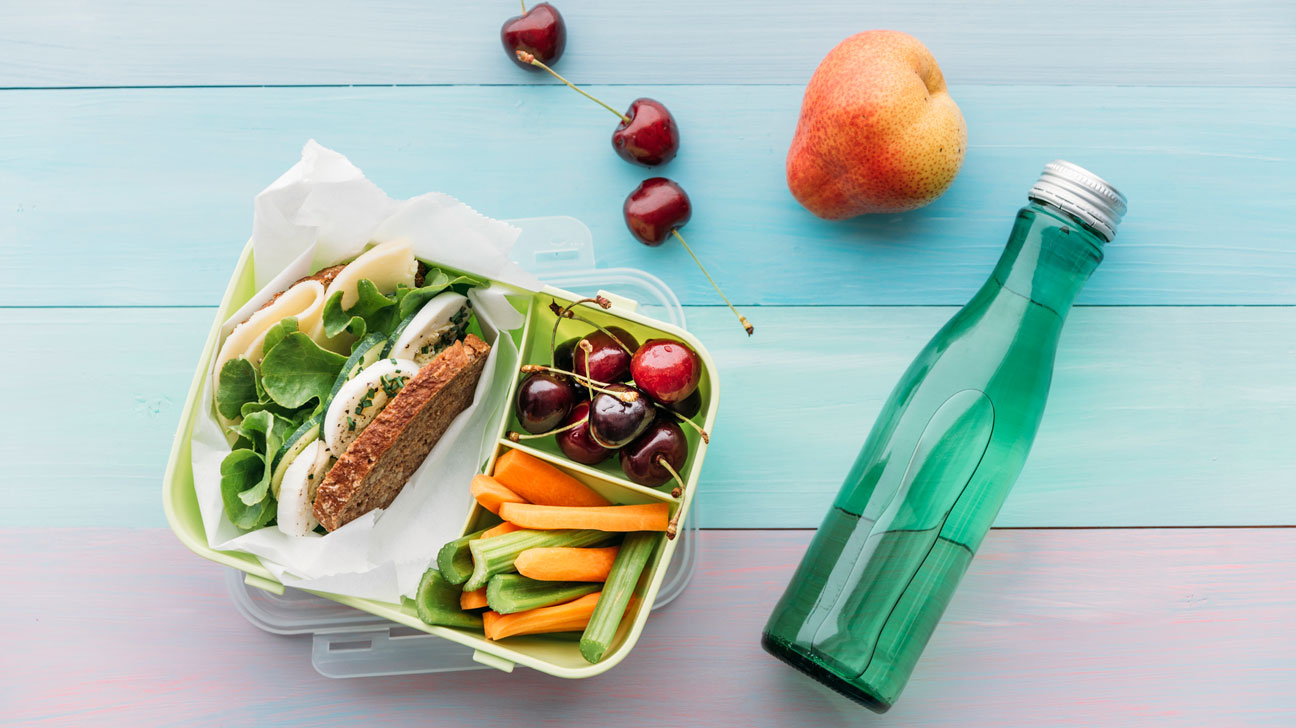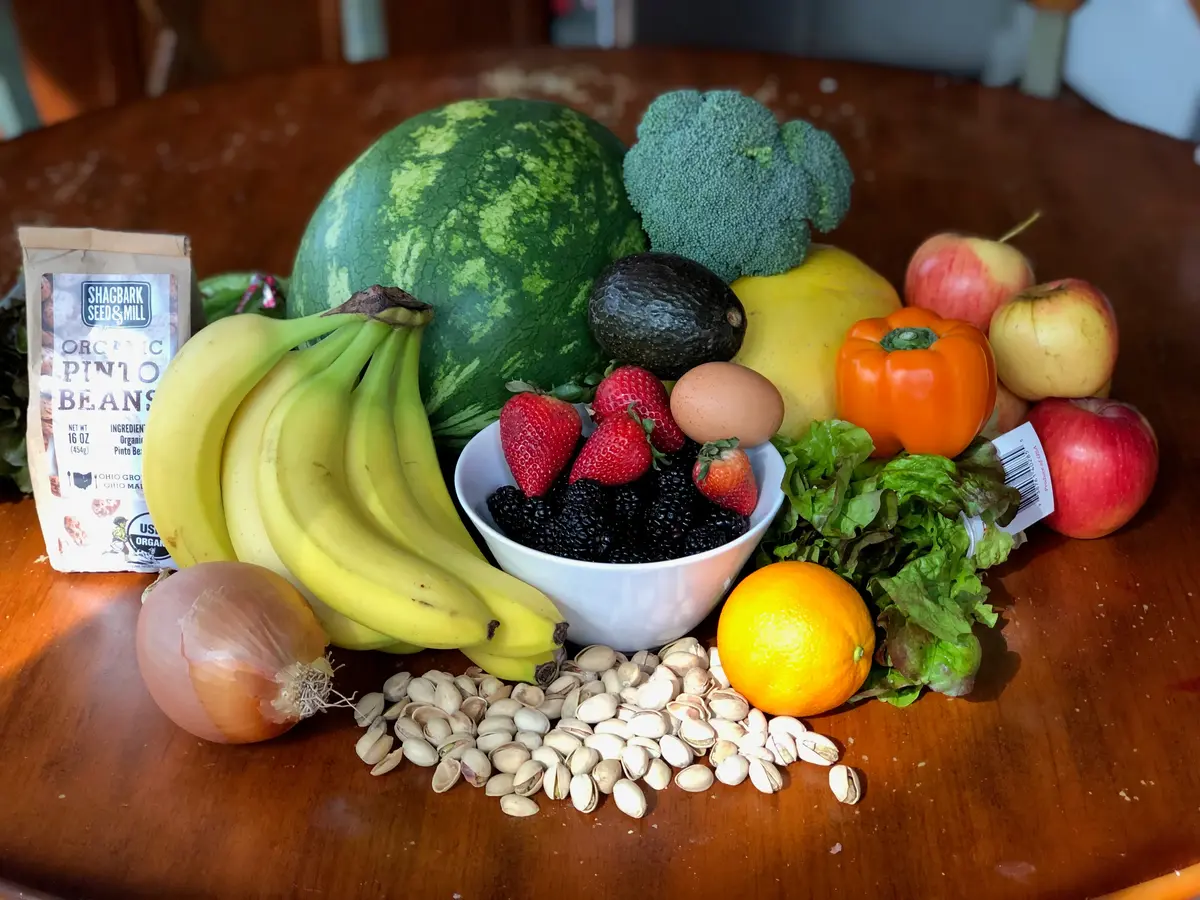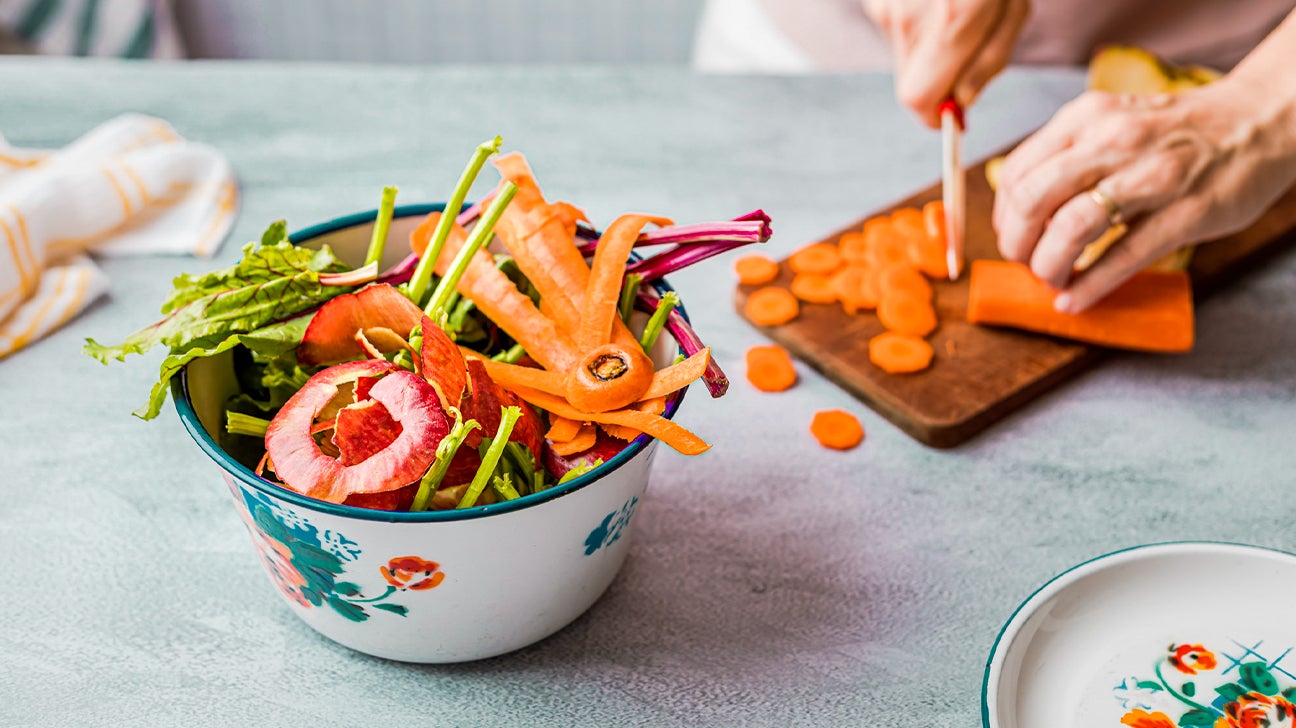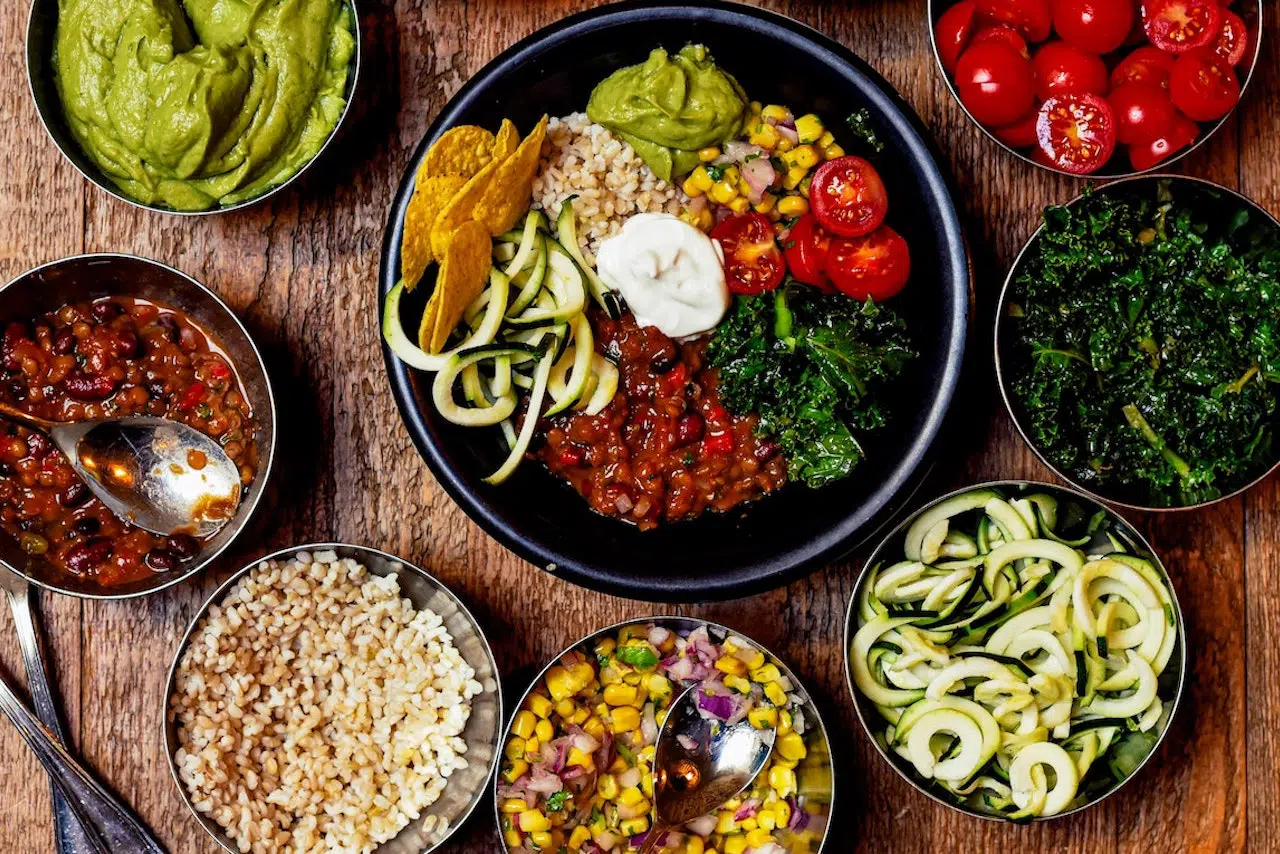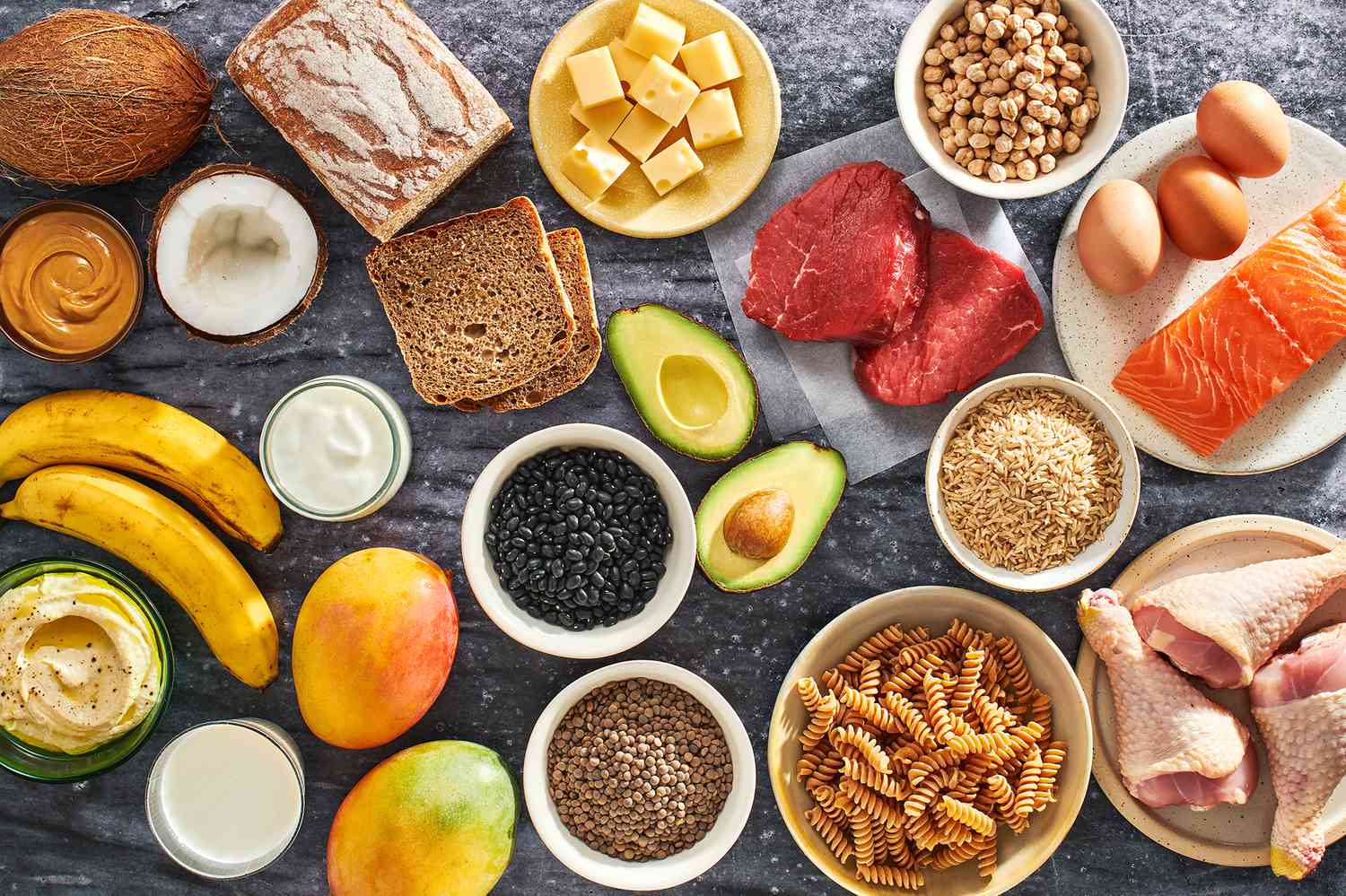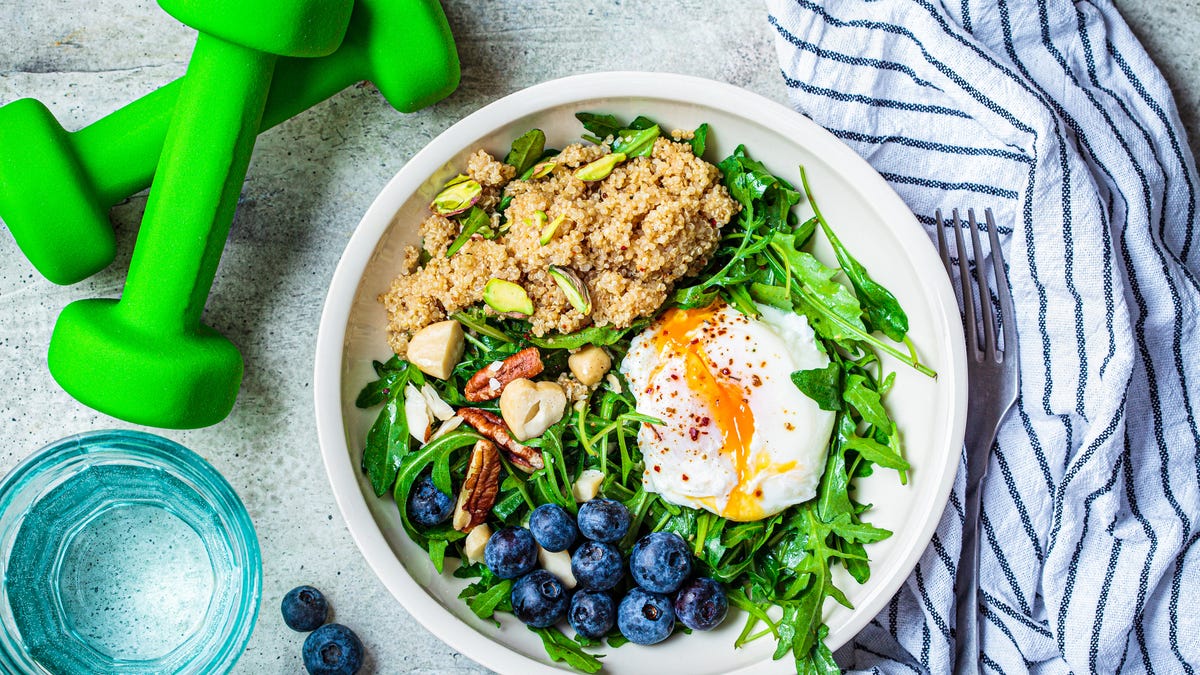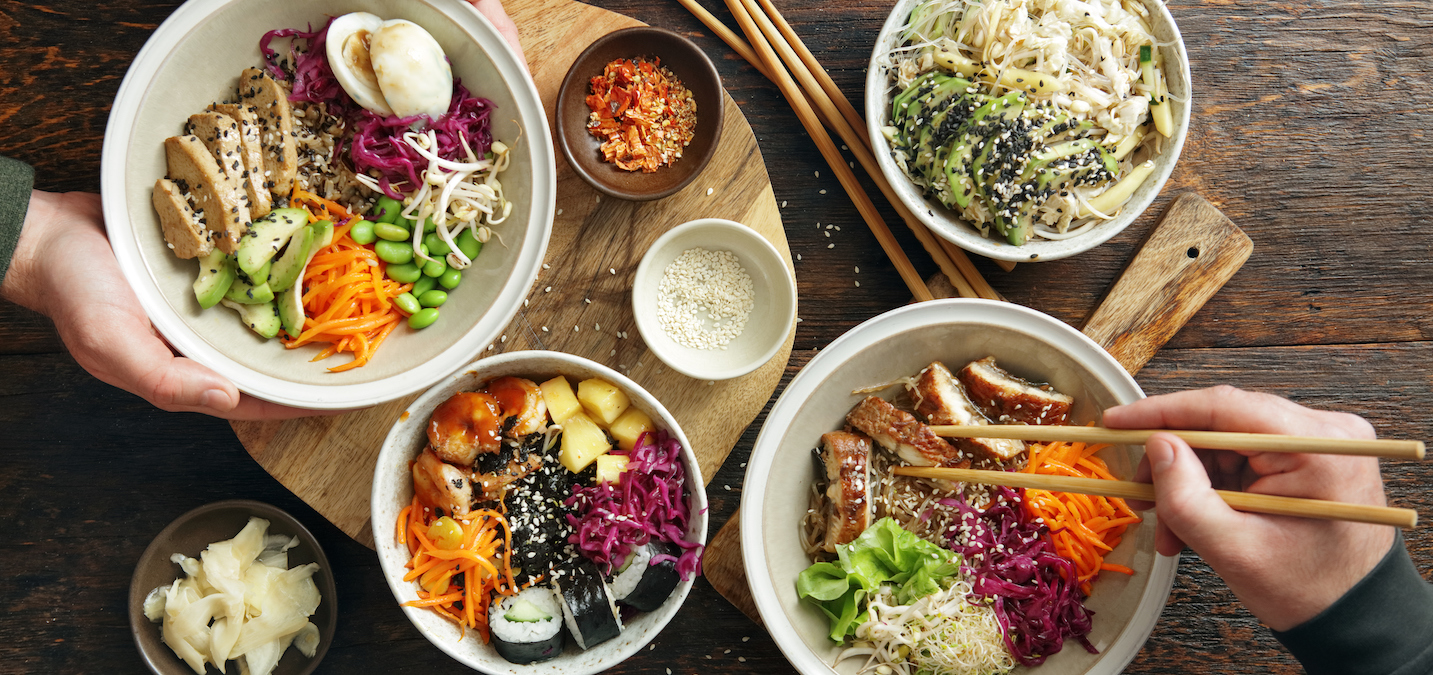How to Embrace Minimalist Eating
Embracing a minimalist approach to eating can have numerous benefits for both your physical and mental well-being. By simplifying your diet and focusing on quality over quantity, you can cultivate a healthier relationship with food and reduce unnecessary consumption. Here are some practical tips for incorporating minimalist eating into your lifestyle:
1. Prioritize Nutrient-Dense Foods
When adopting a minimalist approach to eating, it’s essential to prioritize nutrient-dense foods that provide maximum nourishment with minimal calories. Incorporate plenty of fresh fruits, vegetables, whole grains, and lean proteins into your meals. These foods are packed with essential vitamins, minerals, and antioxidants, supporting your overall health without the need for excessive consumption.
2. Practice Mindful Eating
Mindful eating is a cornerstone of minimalist eating. By paying attention to the sensory experience of eating, you can savor each bite and become more attuned to your body’s hunger and fullness cues. Avoid distractions such as screens or work while eating, and take the time to appreciate the flavors and textures of your food. This mindful approach can help prevent overeating and promote a greater sense of satisfaction from your meals.
3. Simplify Your Meals
Streamline your meals by focusing on simplicity and quality ingredients. Opt for uncomplicated recipes that highlight the natural flavors of the ingredients, and avoid overly processed or heavily seasoned foods. By keeping your meals simple, you can reduce food waste, save time in the kitchen, and develop a deeper appreciation for the inherent goodness of whole foods.
4. Embrace Intuitive Eating
Intuitive eating involves listening to your body’s natural hunger and fullness signals without strict rules or restrictions. By tuning into your body’s needs and cravings, you can develop a more balanced and sustainable approach to eating. This intuitive mindset allows you to enjoy your favorite foods in moderation while maintaining a healthy and mindful relationship with eating.
5. Cultivate Gratitude
Practicing gratitude for the food you consume is an integral part of minimalist eating. Take a moment before each meal to express gratitude for the nourishment it provides and the effort that went into its production. This simple practice can foster a deeper connection to your food and instill a sense of mindfulness and appreciation for each meal.
6. Avoid Food Waste
Minimize food waste by planning your meals thoughtfully and utilizing ingredients efficiently. Be mindful of portion sizes to avoid over-serving, and repurpose leftovers to create new, delicious meals. By reducing food waste, you can not only save money but also contribute to a more sustainable and environmentally friendly approach to eating.
By incorporating these principles of minimalist eating into your lifestyle, you can cultivate a healthier, more mindful relationship with food. Embracing simplicity, mindfulness, and gratitude in your eating habits can lead to a greater sense of well-being and satisfaction with your meals.
Was this page helpful?
marsh912
"Hello, my name is Marsh Leon, and I am a Content Writer. In my free time, I enjoy learning and expanding my knowledge base to better serve.

